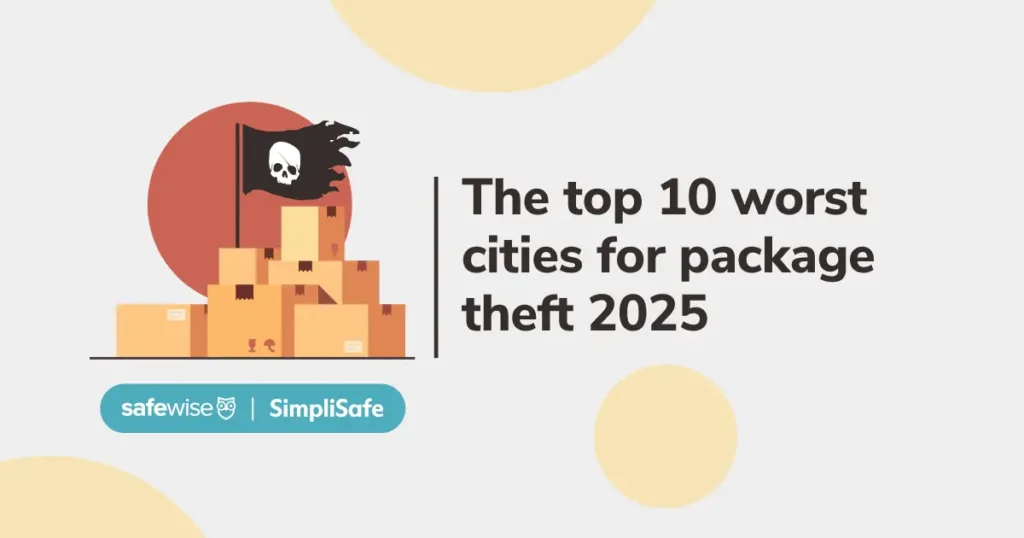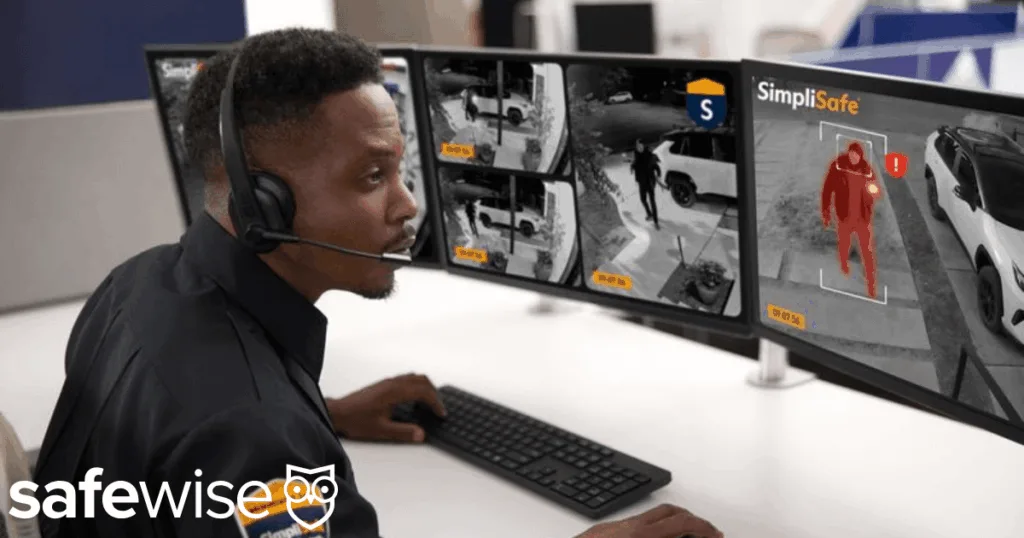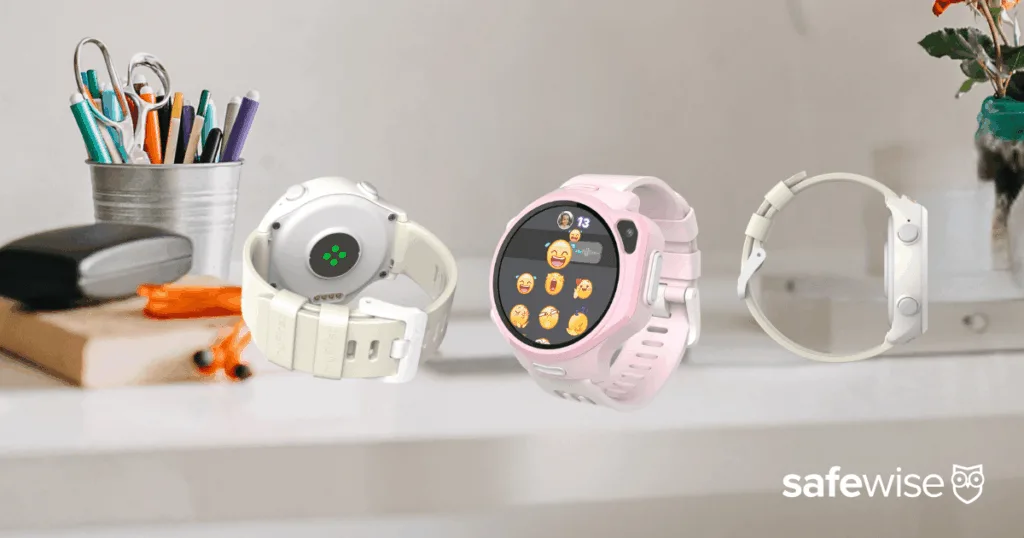It’s the middle of the night. Your grandma picks up the phone and hears your voice on the other end, crying. You say you’re in jail and need money wired to you for bail.
Across town, your mom answers the phone to hear you frantically saying you were in a car accident and need money for a bus ride home.
Meanwhile, you’re safely tucked into bed, oblivious to any of this.
That’s the beauty of the latest scam targeting seniors. Scammers can pretend to be anyone using a method of artificial intelligence (AI) scamming called voice cloning.
If you’re on the young side, don’t think an AI scam won’t happen to you. According to a survey by McAfee, 70% of the people they talked to couldn’t tell the difference between an AI voice clone and a real person. Here’s how it works and how to protect yourself.



